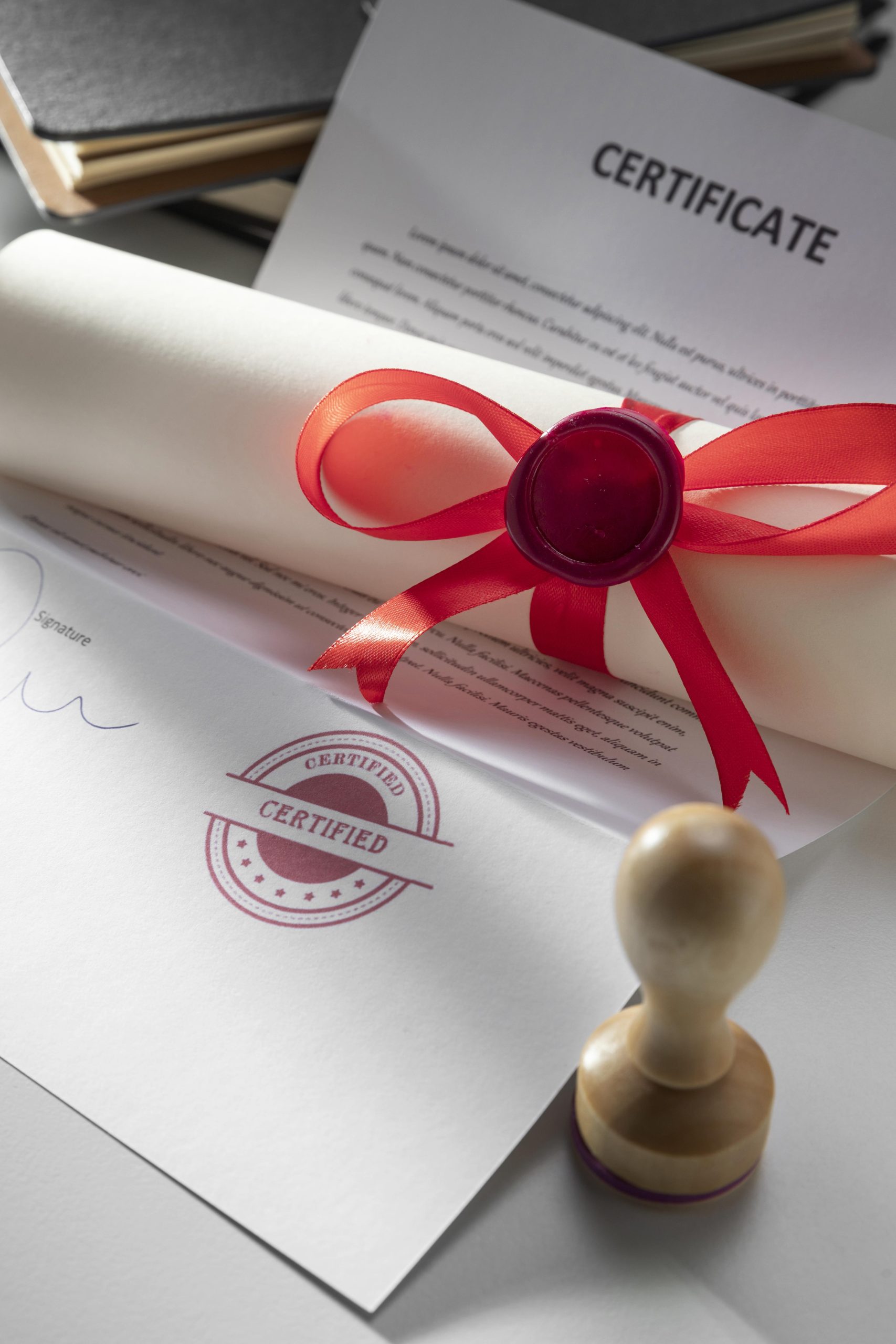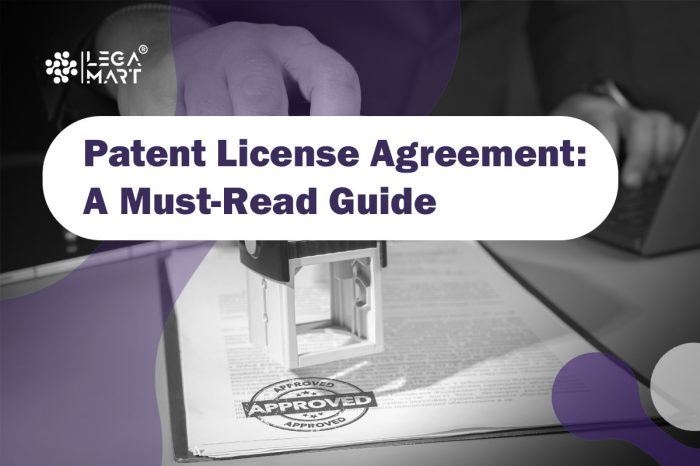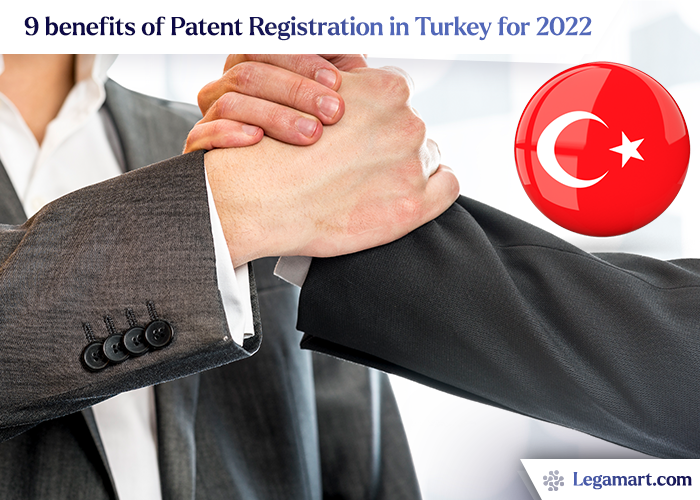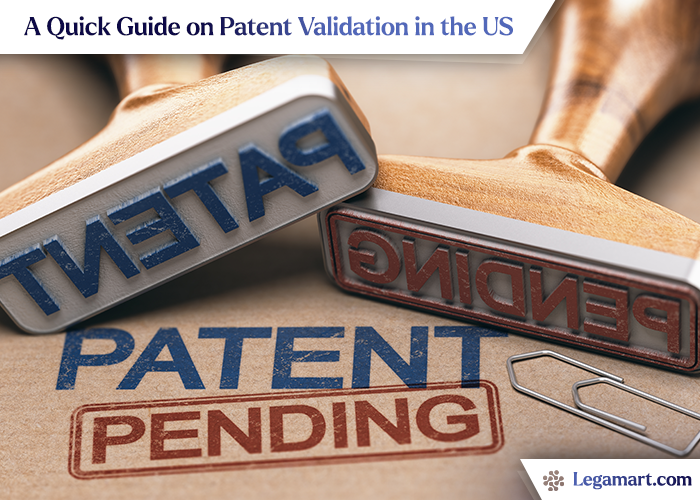International Patent registration
International patent registration involves obtaining legal protection for an invention in multiple countries. It requires complying with the international legal framework, including the World Intellectual Property Organization (WIPO) rules and regulations. International patent registration is necessary to protect the inventor’s rights and prevent infringement by competitors. Patent infringement occurs when someone uses, sells, or imports a patented product or process without the owner’s permission. It is an international legal issue that can lead to legal action and penalties, including damages, injunctions, and even criminal charges.
Find best lawyers for International Patent registration
Issues related to International Patent registration
What is International Patent registration
International patent registration involves obtaining legal protection for an invention in multiple countries. It requires complying with the international legal framework, including the World Intellectual Property Organization (WIPO) rules and regulations. International patent registration is necessary to protect the inventor’s rights and prevent infringement by competitors. Patent infringement occurs when someone uses, sells, or imports a patented product or process without the owner’s permission. It is an international legal issue that can lead to legal action and penalties, including damages, injunctions, and even criminal charges.
Patents are territorial, and the single system allows applicants to procure a worldwide patent. Whilst some regional systems are available, preparing the required documents orally must file abe fine with application in every country of interest. Patent law is complex and individual regions have their patent legislation and examination procedures. International patent law is somewhat harmonised, but governments have significant differences. Fundamentally, patent protector inventions. Most jurisdictions do not define ‘invention’, but they are generally considered solutions to technical problems.
How do you apply for an international patent?
Applicants are generally free to file applications in any country, but they must be aware that certain countries impose national security restrictions on filing abroad. These countries may require applicants to secure permission to file applications abroad if, for example:
- The inventor is a citizen or resident – for example, Portugal and Vietnam
- The inventive activity occurred within that territory – for example, the US and China
- The invention falls into a particular category – for example, the UK, where a permit to file abroad is required for applications relating to military technology, national security or public safety.
Significant penalties can be imposed for failure to comply with these requirements. Although there is no unified system for applicants to obtain a granted worldwide patent, there are several options available if you want to patent something abroad.


Should you use a patent attorney when filing for a patent?
In many jurisdictions, an inventor can prosecute their application regardless of location. However, the local patent procedure is complex and challenging to navigate, and some mistakes and omissions are fatal. All countries impose strict procedural deadlines, and many countries impose other obligations, such as disclosure requirements for material relevant to patentability (for example, the US and Israel) or the use of indigenous bioresources (for example, Brazil). Even where it is not mandated to do so, using a qualified patent attorney is recommended. Typically, applicants work with a patent attorney in their local country. The local patent attorney is responsible for drafting, filing, and prosecuting local, regional and international patent applications and engages a network of foreign counsel to assist with prosecuting national applications abroad. Clients communicate with their local council, which coordinates and instructs the foreign counsel to ensure all arguments are presented consistently.
There are a few key legal issues to consider when registering an international patent:
1. Patentability – Can your invention be patented in the countries you’re seeking protection in?
2. Prior art – Has your invention been disclosed to the public in any of these countries before filing your patent application? If so, it may not be protectable.
3. Translation – You’ll need to have your patent application translated into the local language of each country you seek protection in.
4. Filing requirements – Each country has different requirements, so you’ll need to ensure you’re familiar with them before filing your patent application.
5. Duration and renewal fees – Your patent will typically expire in 20 years.

Latest Articles
Tell us more about your problem.
Please give a brief description about what it is you need to talk to our lawyers about ?
Frequently Asked Questions
How can I register an international patent in China?
You can register an international patent through the Chinese Patent Office or by submitting an international patent application under the Patent Cooperation Treaty.
What is the best way to protect my patent in the United Kingdom?
File a patent application with the UK Intellectual Property Office or the European Patent Office. You can also consider filing a PCT international patent application to secure patent protection in the UK and other countries.












